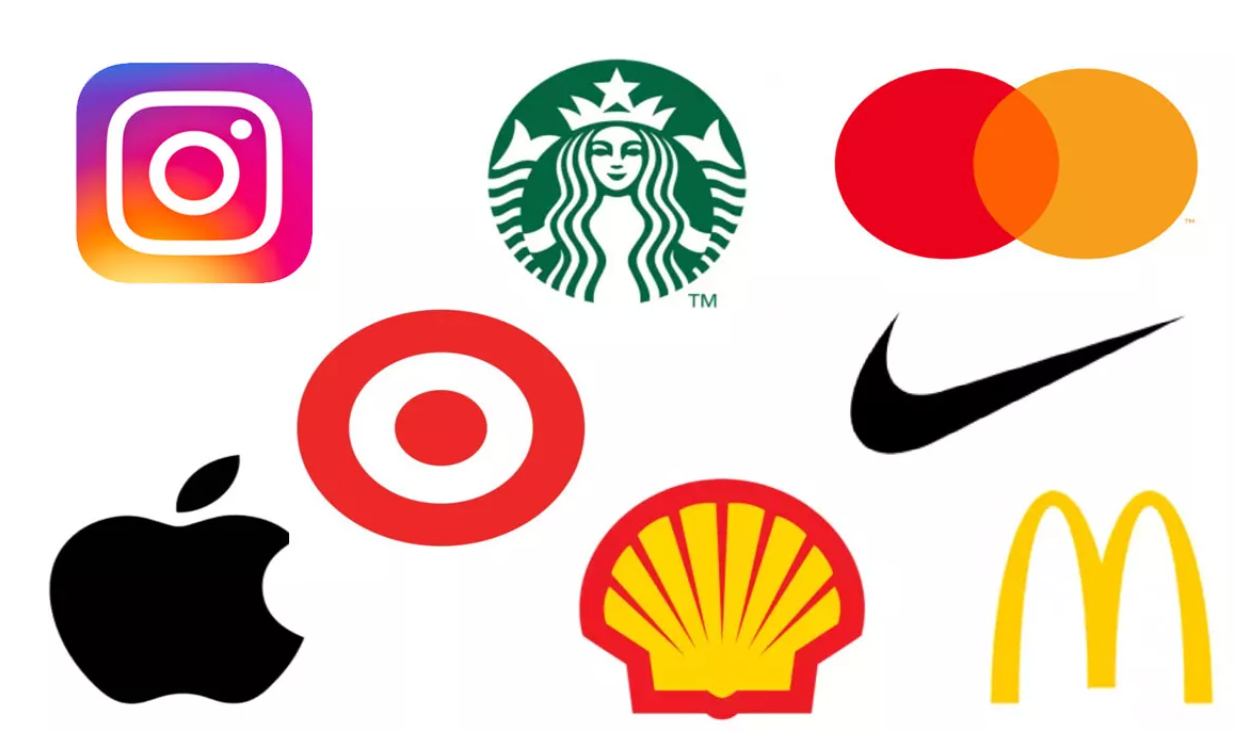Published
|Last updated
Logo
Discover the importance of logos in shaping your brand identity and learn how to create one that resonates. Read the article to enhance your brand's impact.
Published
|Last updated
Discover the importance of logos in shaping your brand identity and learn how to create one that resonates. Read the article to enhance your brand's impact.

What is Logo
A logo is a visual symbol or graphic mark that represents a company, brand, organization, or product. It is one of the core components of brand identity, designed to be immediately recognizable and to communicate the essence of a brand at a glance. A logo is not just a decoration—it is a strategic branding tool that helps a company stand out in a competitive market and become memorable in the eyes of customers.
A logo can appear in different forms:
These elements may include typography, colors, geometric shapes, pictograms, and custom illustrations. The logo design should reflect the brand’s tone of voice, values, and mission, even before a single word is read.

A logo is often the first visual element a customer sees when encountering a brand—on a website, business card, product packaging, social media profile, or advertisement. As such, it plays a critical role in:
A good logo is more than visually appealing—it is strategically crafted to convey meaning. For example, bold colors might convey energy and confidence, while minimalist designs can communicate sophistication and modernity.
The design of a logo can significantly influence public perception and ultimately a brand’s success. A professional, well-designed logo can:
On the other hand, a poorly designed logo—one that is generic, outdated, confusing, or inconsistent—can weaken a brand’s credibility, cause confusion, or make the business appear unprofessional.
These logos are recognized worldwide because they are simple, emotionally resonant, and instantly associated with their respective brands.
A logo is a key visual representation of a brand’s identity. It communicates a company’s values, tone, and personality in a single glance. A great logo acts as a brand’s signature, helping build visibility, trust, and loyalty over time. Given its impact, designing a logo should never be an afterthought—it requires strategic thinking, creative vision, and a deep understanding of the brand it represents.
❤️ Spread the word! ❤️
Found this guide valuable? Share it with your colleagues to help them boost their local marketing results too!
Powered by Localo 2026